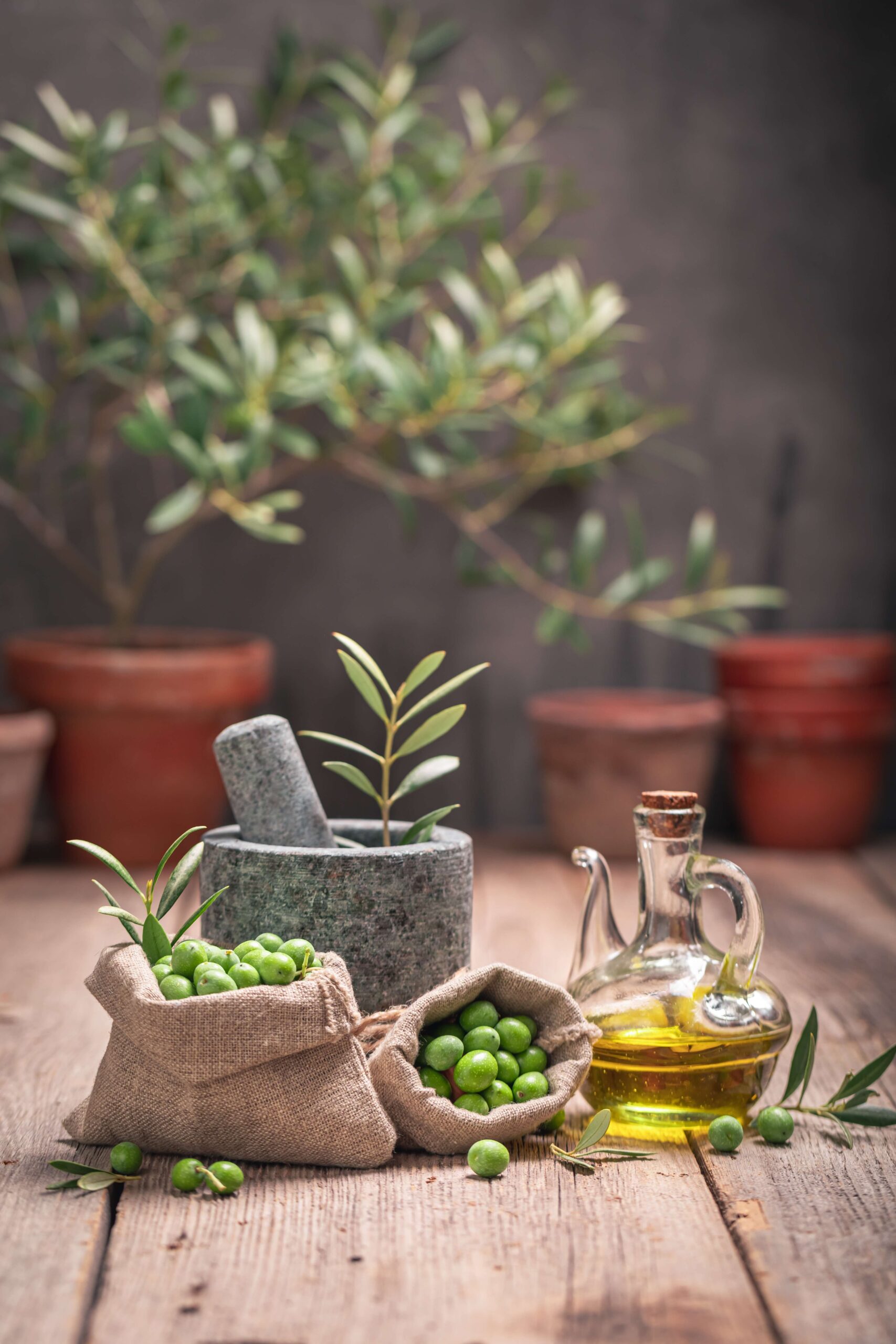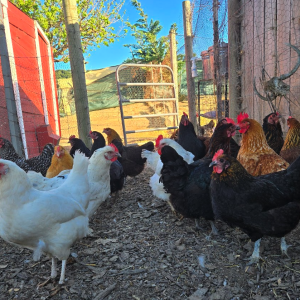The Story of Israeli Olive Oil: Tradition, Innovation, and Excellence
Israeli olive oil stands at the intersection of ancient tradition and cutting-edge innovation, offering some of the finest extra virgin olive oils in the world. From biblical times to modern-day global competitions, Israel’s olive oil industry reflects a deep cultural heritage and a commitment to quality.
A Legacy Rooted in History
Olive trees have been cultivated in the land of Israel for more than 6,000 years. Archaeological findings, including ancient olive presses dating back to Canaanite and Roman times, attest to the region’s long-standing relationship with olive oil production. The Bible references olive oil extensively, using it as a symbol of peace, prosperity, and divine blessing. Ancient Jewish priests and kings were anointed with olive oil, and it played a crucial role in temple rituals.
Some of Israel’s olive trees, particularly in the Galilee and the Golan Heights, are believed to be over 1,000 years old, continuing to yield olives today. These resilient trees are a testament to the country’s enduring connection to olive oil production.
Unique Olive Varieties and Flavors
Israel is home to several distinctive olive cultivars, each contributing unique flavors and characteristics to its olive oils. Some of the most notable varieties include:
- Suri (Syrian) – One of the oldest known olive varieties, believed to have originated in the region over 3,000 years ago. It produces a bold, peppery oil with a rich aroma.
- Barnea – A modern Israeli cultivar developed for high yield and disease resistance. It has a smooth, fruity flavor with a slightly nutty aftertaste.
- Nabali Baladi – A traditional Palestinian variety, prized for its robust, slightly bitter taste and high polyphenol content.
- Coratina & Picual – Originally from Italy and Spain, these varieties have been successfully adapted to Israel’s climate and contribute to the country’s diverse olive oil offerings.
From Tree to Bottle: Traditional and Modern Techniques
Israeli olive oil production blends traditional methods with cutting-edge technology. Some farmers still use ancient stone presses and hand-harvesting techniques to maintain the integrity of the oil. At the same time, modern Israeli olive farms utilize advanced irrigation systems, AI-powered harvesting machines, and precision extraction processes to enhance efficiency and quality.
Cold-pressing is the most widely used method, ensuring that the oil retains its natural antioxidants, vitamins, and flavors. Thanks to these methods, over 90% of Israeli olive oil is classified as extra virgin, the highest standard of quality.
The Olive Oil Revolution: Global Recognition
In recent years, Israeli olive oil brands have won numerous international awards, solidifying their reputation for excellence. Producers such as Ptora, Galilee Green, Sindyanna of Galilee, and Meshek Achiya have received accolades for their high-quality, organic, and sustainably produced oils. The unique terroir of Israel, with its Mediterranean climate, limestone-rich soil, and controlled irrigation, contributes to the distinctive taste and high nutritional value of its olive oils.
Sustainability and Innovation in Olive Farming
With much of Israel’s land being arid or semi-arid, sustainable agriculture is a priority. Israeli scientists have developed drought-resistant olive trees and innovative irrigation techniques, such as drip irrigation, to optimize water usage. Some farms use recycled wastewater for irrigation, reducing environmental impact while maintaining high yields.
Furthermore, initiatives like Sindyanna of Galilee, a fair-trade organization, support Arab and Jewish women working together in olive oil production, promoting peace and economic cooperation through sustainable agriculture.
The Role of Olive Oil in Israeli Cuisine
Olive oil is a cornerstone of Israeli and Mediterranean diets. It is widely used in traditional dishes such as:
- Za’atar and olive oil – A simple yet flavorful combination where pita is dipped in olive oil and then in za’atar, a mix of dried herbs.
- Labneh with olive oil – A creamy, tangy yogurt cheese drizzled with high-quality olive oil.
- Hummus and tahini – Olive oil is essential in giving these Middle Eastern staples their rich, smooth texture.
- Shakshuka – This popular dish of poached eggs in spiced tomato sauce often gets a finishing touch of fresh olive oil.
Health Benefits of Israeli Olive Oil
Israeli olive oil is particularly rich in polyphenols and antioxidants, which contribute to its anti-inflammatory and heart-protective properties. Studies suggest that regular consumption of high-quality extra virgin olive oil can help reduce the risk of heart disease, improve cognitive function, and promote longevity.
Conclusion
From its ancient biblical roots to its modern status as an award-winning global contender, Israeli olive oil is more than just a product—it’s a symbol of resilience, tradition, and innovation. Whether drizzled over fresh Mediterranean dishes or used as a health supplement, Israeli olive oil continues to shine as one of the country’s most cherished and valuable exports.
Next time you reach for a bottle of olive oil, consider trying one from Israel—where history, quality, and sustainability blend into every drop.













